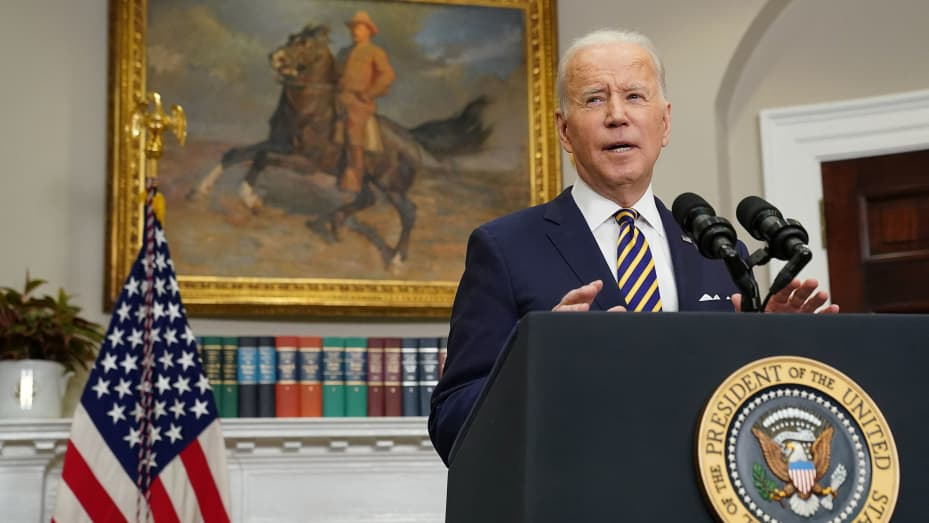The United States has a long history of intervening in foreign currency markets. In some cases, this intervention has been motivated by a desire to protect the US dollar from depreciation. In other cases, it has been used as a tool of economic warfare against adversaries.
The United States has been accused of attacking the Turkish lira in an effort to pressure the Turkish government to change its policies. The lira has lost about half of its value against the dollar in the past year, and the Turkish economy is in a recession.
The US government has denied that it is attacking the lira, but it has taken a number of actions that have contributed to the currency’s decline. In August 2018, the Trump administration imposed tariffs on Turkish steel and aluminum imports. The tariffs were imposed in response to Turkey’s detention of an American pastor, Andrew Brunson.
The tariffs have made it more expensive for Turkey to import goods from the US, and they have also made it more difficult for Turkish companies to export goods to the US. This has led to a decline in demand for the lira, and it has made it more difficult for the Turkish government to finance its budget deficit.
“The United States’ attack on Turkey is a clear violation of international law and a dangerous escalation of tensions in the region. This attack will only serve to further destabilize the region and make it more difficult to achieve a peaceful resolution to the conflict.”
Shayne Heffernan
The US government has also imposed sanctions on Turkish officials and businesses. The sanctions have made it more difficult for Turkish companies to do business with US companies, and they have also made it more difficult for Turkish citizens to travel to the US. This has led to a decline in confidence in the Turkish economy, and it has made it more difficult for the Turkish government to attract foreign investment.
“At some point the world will realize that Bitcoin is a defense mechanism to free them from the chains of a US Dollar dominated world, at that point the real value of Bitcoin will be revealed, the meaning of Bitcoin is freedom will resonate on market and in the streets”
Shayne Heffernan
The Turkish government has accused the US of trying to overthrow President Recep Tayyip Erdogan. Erdogan has said that the US is trying to “strangle” the Turkish economy.
The US government has denied that it is trying to overthrow Erdogan, but it has said that it is trying to pressure the Turkish government to change its policies. The US government has said that Turkey’s policies are destabilizing the region and that they are a threat to US interests.
The Turkish lira crisis is a complex issue with a number of contributing factors. The US government’s actions have undoubtedly played a role in the crisis, but they are not the only factor. The Turkish government’s own economic policies have also contributed to the crisis, and the global economic slowdown has also played a role.
The Turkish lira crisis is likely to continue for some time. The Turkish government is under pressure to change its policies, but it is not clear if it is willing to do so. The US government is also under pressure to ease its sanctions on Turkey, but it is not clear if it is willing to do so. The crisis is likely to have a negative impact on the Turkish economy and on the US-Turkish relationship.
A History of Foreign Attacks
One of the most well-known examples of US currency intervention occurred in the 1970s, when the Nixon administration imposed a series of measures to prop up the value of the dollar. These measures included the closing of the gold window and the imposition of a 10% surcharge on imports. The goal of these measures was to prevent the dollar from depreciating too much, which would have made it more difficult for the US to finance its growing trade deficit.
The US has also used currency intervention to target specific countries. For example, in the early 2000s, the US Treasury Department intervened in the foreign exchange market to sell yen in an effort to weaken the Japanese currency. The goal of this intervention was to make Japanese exports more expensive and to help US manufacturers compete in the global market.
Currency intervention can have a number of different effects. In some cases, it can help to stabilize the foreign exchange market and prevent large swings in currency values. In other cases, it can be used to manipulate the market and achieve specific economic goals. However, currency intervention can also be costly and can have unintended consequences. For example, if a country intervenes to buy its own currency, it can lead to inflation.
The use of currency intervention by the US is a controversial issue. Some people argue that it is a necessary tool for managing the global economy. Others argue that it is a form of economic warfare that can damage the economies of other countries. The debate over the use of currency intervention is likely to continue for many years to come.
Here are some of the potential impacts of US attacks on foreign currencies:
- Depreciation of the target currency: If the US successfully intervenes in the foreign exchange market, it can cause the target currency to depreciate. This can make imports from the target country cheaper for US consumers and businesses, and it can make exports from the US more expensive for consumers in the target country.
- Increased volatility in the foreign exchange market: Currency intervention can also lead to increased volatility in the foreign exchange market. This can make it more difficult for businesses to plan for the future and can make it more risky to invest in foreign currencies.
- Retaliatory measures from the target country: If the US attacks a foreign currency, the target country may retaliate by attacking the US dollar. This can lead to a trade war between the two countries, which can have a negative impact on the global economy.
Overall, the use of currency intervention by the US is a complex issue with a number of potential impacts. It is important to weigh the potential benefits of intervention against the potential costs before taking any action.
Shayne Heffernan









